During class today, I did bring up the observation in New York City where there are large piles of garbage cans. In a city that attracts a lot of tourists throughout the world, the garbage pile damages the reputation of NYC. This is a concern. I personally not have a picture of it, but I did find a news article: http://www.dnainfo.com/new-york/20140218/williamsburg/new-yorkers-raise-stink-over-mountains-of-trash-piling-up-after-snowstorms
The news articles also mentioned that the garbage trucks focus more on snow removal during snowstorms. Focusing on snow removal is actually a good thing but mountains of trash leaves nothing but complaints from New Yorkers. First, it smells. Especially in the summer. Second, my concern is that this can be a health risk. And third, as Prof. McGuire brought up, this can attract rats, which then rip off the garbage bags and cause the sidewalks and streets to be littered with trash.
Here is another link: http://www.myfoxny.com/story/24565851/sanitation-dept-promises-to-finally-haul-away-piles-of-garbage-from-upper-east-side
Thankfully, NYC Sanitation Department is taking action. We all know that safety is our #1 priority but we should also factor in our health too at a similar level as safety.
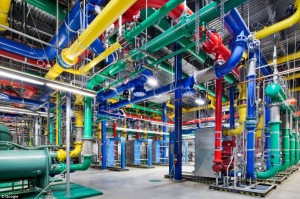
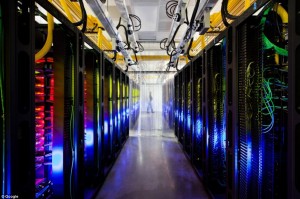
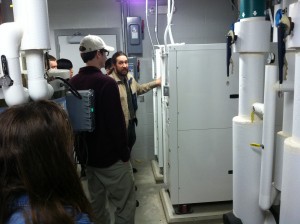
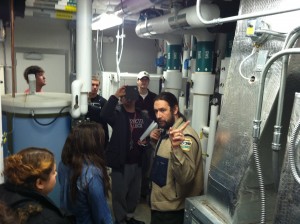
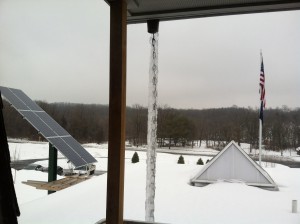
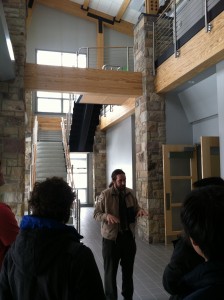
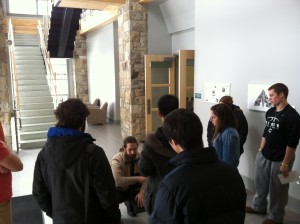
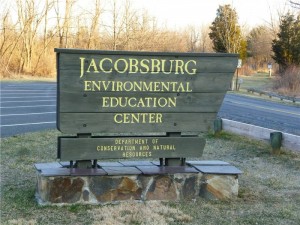
Recent Comments